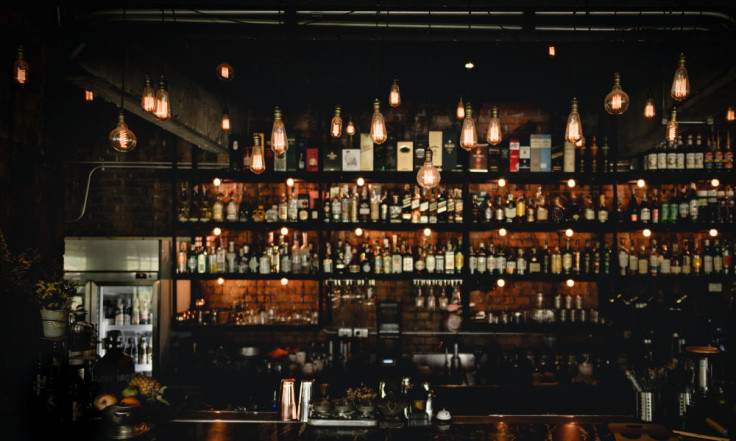Hospitality Workers Are Increasingly Optimistic Despite The Negative Impacts Of Brexit
The Business Confidence Survey reveals that hospitality leaders in Britain are becoming increasingly optimistic despite the challenge of Brexit business rates and inflation.

According to the headlines from the October edition of the Business Confidence Survey from CGA by NIQ and Fourth, hospitality leaders in Britain are becoming increasingly optimistic despite the challenge of business rates.
The survey also noted that the leaders remain concerned about inflation affecting their business, however, their confidence in future successes has risen for the fourth quarter in a row.
The concerns surrounding rising costs across Britain were exposed as the most pressing issue amongst hospitality leaders at the moment. A huge 57 per cent of leaders in the hospitable field said that they were "very concerned" about the possible further increase in prices.
The leaders are currently anticipating Chancellor Jeremy Hunt's Autumn Statement, in which, he will lay out new strategies on how to combat the current cost of living crisis.
Although the cost of living crisis has left an influx of inflation in a short space of time, regarding food prices, the cost of fuel and investment stocks.
Ahead of his autumn statement, which will be published tomorrow, Thursday 23 November, Hunt announced that the UK will be increasing the National Living Wage in April 2024.
As part of the government's manifesto that sets out to end low wages amongst full-time employees across the UK, Hunt announced: "Next April all full-time workers on the National Living Wage will get a pay rise of over £1,800 a year. That will end low pay in this country, delivering on our manifesto promise."
"The National Living Wage has helped halve the number of people on low pay since 2010, making sure work always pays," he added.
The Business Confidence Survey highlights how almost half of leaders in the hospitality sector, 49 per cent, feel confident about the coming hospitality market over the next 12 months.
The number of leaders that are optimistic, has increased by four percentage points since August this year. In August, 45 per cent of leaders were looking forward to the future hospitality market.
The percentage of leaders in the business sector who feel optimistic about future projects, unrelated to the hospitality field, has been unchanged at 62 per cent.
The hospitality revelation comes after the UK government have made significant steps towards reshaping the economy from the financial effects of COVID-19 and Brexit.
The Business Confidence Survey also revealed out of the businesses that were financially and negatively affected by COVID-19 and the current cost of living crisis, just five per cent of leaders reported that their business is at risk of failure.
Demonstrating the development towards improving the UK's finance sector, the August survey documented 16 per cent of leaders expecting failure.
The number of business leaders feeling pessimistic about the market has also dropped from 31 per cent in August to 18 per cent in October.
Almost three in 10, 58 per cent, of leaders claim to be optimistic about their businesses' trade rates during the festive seasons.
The UK economy is set to benefit from the Christmas season, which usually marks the most successful trading period in the retail sector.
Lisa Hooker, the Leader of Industry for Consumer Markets at the PwC network, revealed: "We know from earlier in the year that in tough times consumers prioritise special events and family occasions, so retailers will be hoping that consumers are keeping their powder dry for a last-minute Christmas spending surge come December."
Just eight per cent of leaders said that were feeling pessimistic about their businesses' success rate at Christmas time.
Almost one-third, 29 per cent, of hospitality business leaders, have recognised that Christmas bookings are already ahead of last year's booking amount.
However, a shocking 15 per cent of hospitality leaders said that festive bookings have decreased in comparison to last year.
© Copyright IBTimes 2025. All rights reserved.






















